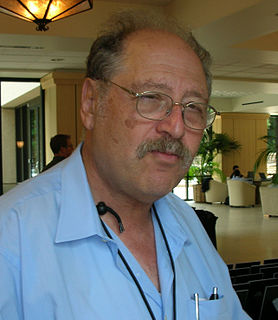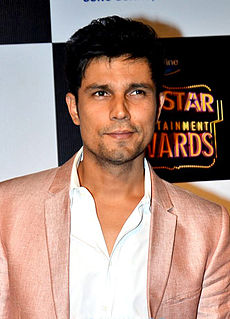A Quote by Elie Wiesel
Language failed me very often, but then, the substitute for me was silence, but not violence.
Related Quotes
How I wish that all men and women of good will would look to the Cross if only for a moment! There, we can see God’s reply: violence is not answered with violence, death is not answered with the language of death. In the silence of the Cross, the uproar of weapons ceases and the language of reconciliation, forgiveness, dialogue, and peace is spoken.
At first I protested and rebelled against poetry. I was about to deny my poetic worlds. I was doing violence to my illusions with analysis, science, and learning Henry’s language, entering Henry’s world. I wanted to destroy by violence and animalism my tenuous fantasies and illusions and my hypersensitivity. A kind of suicide. The ignominy awakened me. Then June came and answered the cravings of my imagination and saved me. Or perhaps she killed me, for now I am started on a course of madness.
For language to have meaning, there must be intervals of silence somewhere, to divide word from word and utterance from utterance. He who retires into silence does not necessarily hate language. Perhaps it is love and respect for language which imposes silence upon him. For the mercy of God is not heard in words unless it is heard, both before and after the words are spoken, in silence.
When I took the habit, the Lord immediately showed me how He favours those who do violence to themselves in order to serve Him. No one saw what I endured... At the moment of my entrance into this new state I felt a joy so great that it has never failed me even to this day; and God converted the dryness of my soul into a very great tenderness.
My childhood was very difficult. I had every childhood disease and then some, but my parents didn't mollycoddle me. They left me to fight those battles on my own. I guess that was very Canadian, very stoic. But it's good. I had to become a warrior. I had to give up hope and find a substitute for hope that would be far more stable.
My childhood was very difficult. I had every childhood disease and then some, but my parents didnt mollycoddle me. They left me to fight those battles on my own. I guess that was very Canadian, very stoic. But its good. I had to become a warrior. I had to give up hope and find a substitute for hope that would be far more stable.
It is very hard to live with silence. The real silence is death and this is terrible. To approach this silence, it is necessary to journey to the desert. You do not go to the desert to find identity, but to loses it, to lose your personality, to be anonymous. You make yourself void. You become silence. You become more silent than the silence around you. And then something extraordinary happens: you hear silence speak.
I have often said that domestic violence is characterised by silence: of the abused, of the abuser and of those who don't know how to intervene. But the media have the ability to break this corrosive silence: bringing us the voices of victims; shattering the taboo; and raising awareness of what we can all do to stop this heinous crime.





































